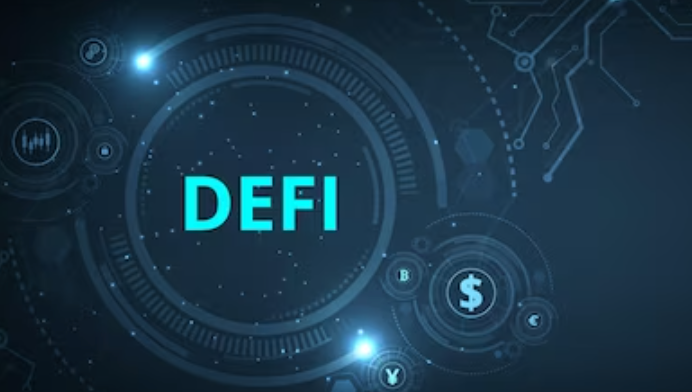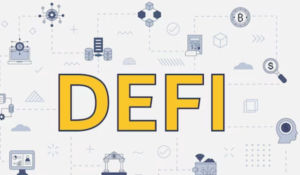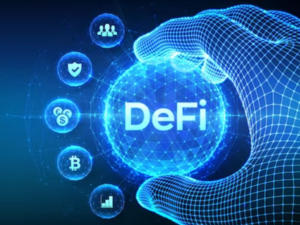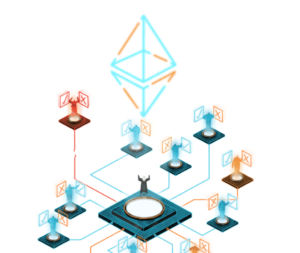BTC ETH #MtGox #CryptoSecurity #Blockchain #AI #DeFi #Web3 #Fintech #CryptoNews #Investing #TechInnovation #DigitalAssets
Could AI Have Prevented Mt. Gox’s Multi-Million Dollar Security Blunders?
The collapse of Mt. Gox remains one of the most significant events in cryptocurrency history, raising questions about security and risk management. As we explore the mt. news surrounding this incident, we must consider whether artificial intelligence could have altered the outcome. An AI-powered analysis by the exchange’s former CEO sheds light on this intriguing scenario, suggesting potential pathways for early detection of vulnerabilities.
Mt. Gox, once the largest Bitcoin exchange, faced catastrophic security breaches that led to the loss of approximately 850,000 Bitcoins. Despite its prominence, the exchange lacked robust security measures, which ultimately contributed to its downfall. In retrospect, integrating AI could have provided a proactive approach to identifying potential risks.
How AI Could Have Enhanced Security Protocols
AI technologies possess the ability to analyze vast amounts of data in real time, identifying patterns that may go unnoticed by human analysts. By monitoring transaction anomalies and user behaviors, AI systems could flag suspicious activities. For instance, machine learning algorithms can continuously learn from past incidents, improving their predictive capabilities over time.
Implementing AI-driven security measures might have allowed Mt. Gox to detect unauthorized access attempts or unusual withdrawal patterns. As a result, the exchange could have reacted swiftly to mitigate damage and protect user assets. Such proactive measures could have transformed the security landscape of the exchange.
The Role of Blockchain in Enhancing Security
Blockchain technology itself offers inherent security features, such as transparency and immutability. However, combining blockchain with AI could elevate security protocols to new heights. For example, AI can enhance the security of smart contracts by identifying vulnerabilities and automating audits. This synergy could create a fortified environment for digital asset trading.
Moreover, the integration of AI within blockchain ecosystems can enhance user verification processes. By employing biometric and behavioral analytics, exchanges can ensure that only authorized individuals access sensitive accounts. This dual-layered approach could have significantly reduced the risk of breaches that plagued Mt. Gox.
Lessons for the Future of Cryptocurrency Exchanges
The Mt. Gox debacle serves as a cautionary tale for current and future exchanges. It highlights the critical need for robust security frameworks that can adapt to evolving threats. As the cryptocurrency landscape continues to expand, exchanges must prioritize security to maintain user trust.
Today, innovations such as decentralized finance (DeFi) and non-fungible tokens (NFTs) present unique challenges and opportunities. Embracing AI as part of a comprehensive security strategy is vital for safeguarding these developments. By learning from past mistakes, the industry can work towards a more secure and resilient future.
In conclusion, while the question of whether AI could have prevented the Mt. Gox disaster remains speculative, the potential benefits of implementing AI-driven security measures are clear. As the cryptocurrency market matures, investing in advanced technologies can help prevent similar incidents from occurring. For more insights into the evolving world of cryptocurrencies, feel free to explore our crypto news section.
Additionally, for those looking to engage in cryptocurrency trading, consider using platforms that prioritize security. To find a suitable trading platform, check out this link. With the right tools and strategies, the future of cryptocurrency can be both secure and prosperous.











Comments are closed.